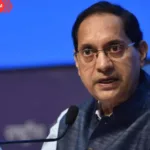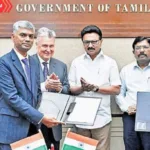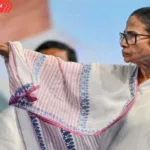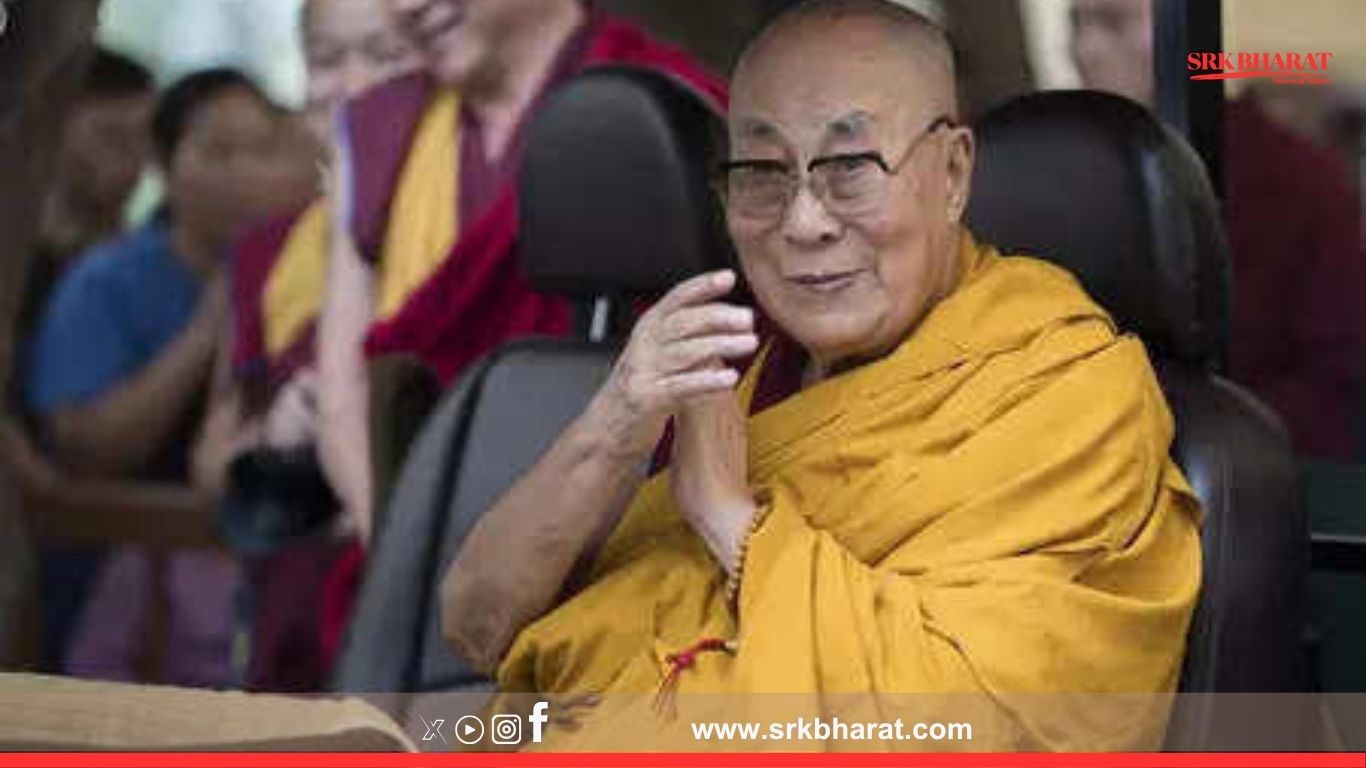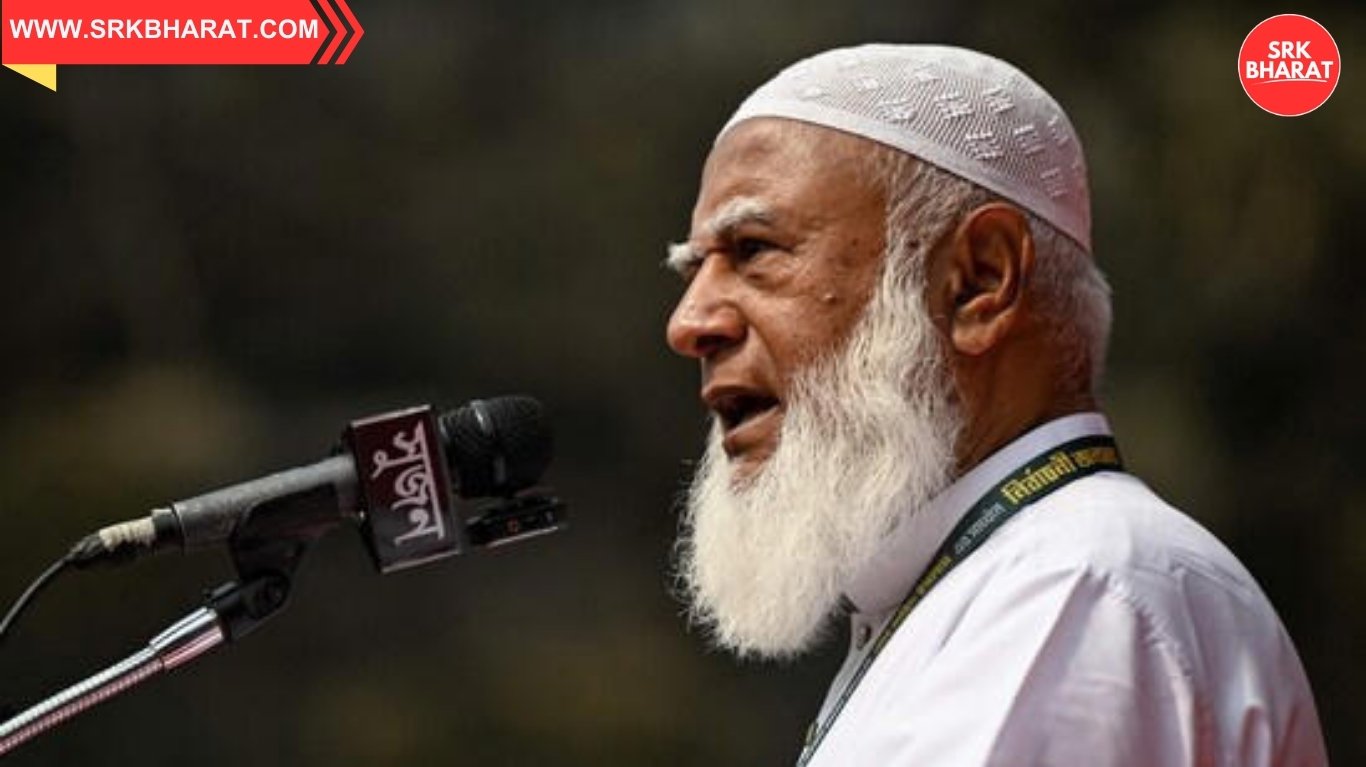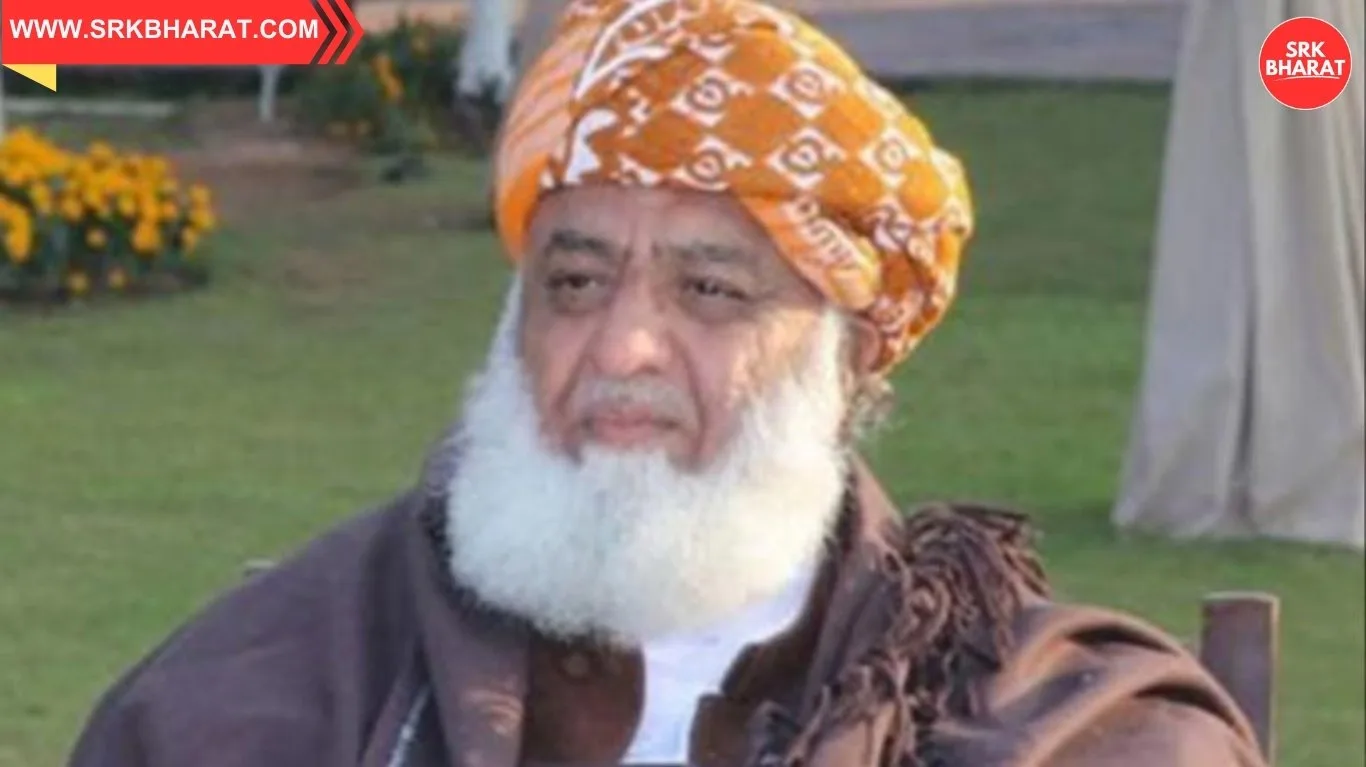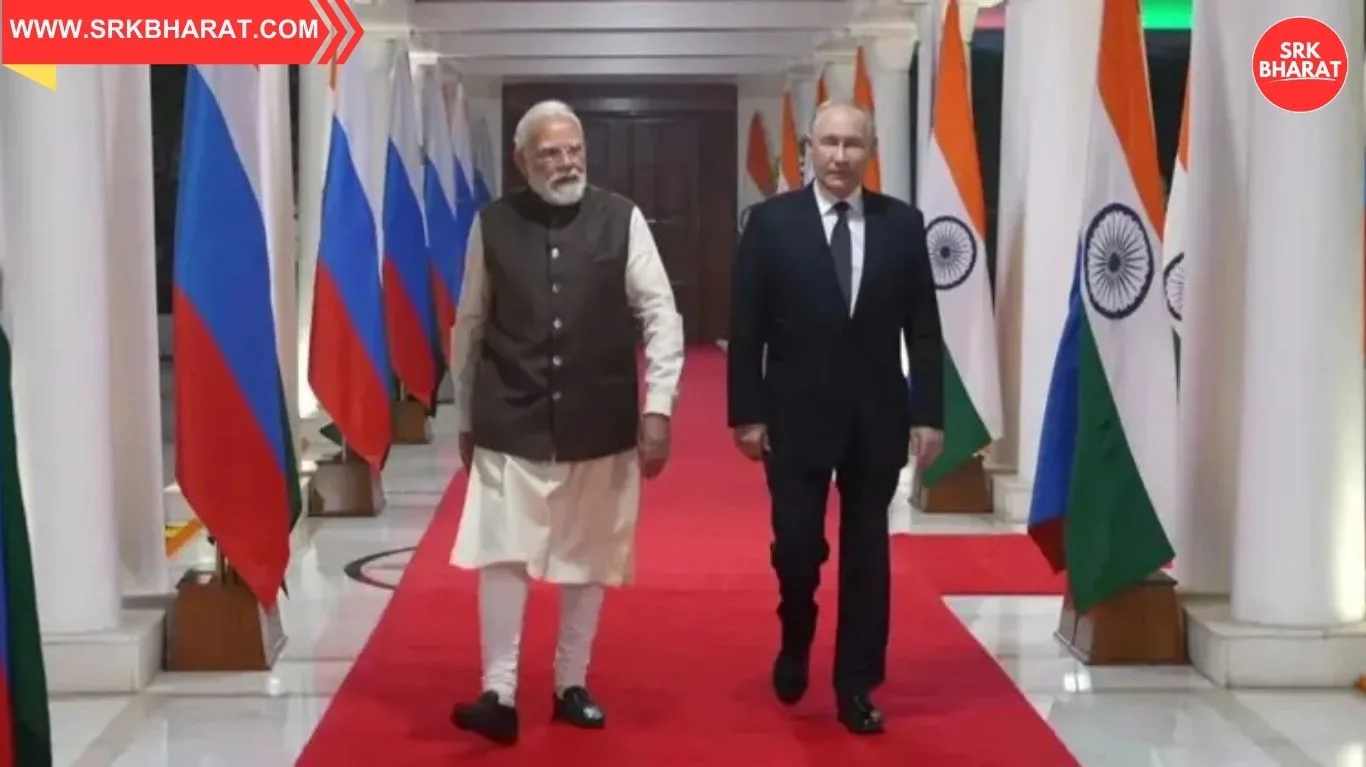The 14th Dalai Lama, Tenzin Gyatso, is preparing to announce his long-awaited succession plan amid rising concerns within the Tibetan exile community about spiritual continuity and fears of Chinese interference. This announcement is expected to shape the future of Tibetan Buddhism and the global Tibetan freedom movement, as Beijing asserts its authority to choose the next spiritual leader under its control.
Upcoming announcement to decide the reincarnation process
Sources within the Central Tibetan Administration (CTA) in Dharamshala revealed that the Dalai Lama has finalised guidelines on how his reincarnation will be identified and has consulted senior lamas of the Gelugpa tradition. According to senior aides, he plans to announce his decision in the coming weeks, either through a public address or an official document outlining spiritual, cultural, and geopolitical considerations.
The Dalai Lama, aged 90, has repeatedly emphasised the importance of preventing his succession from being manipulated for political ends. Speaking to followers in Ladakh last month, he said, “The reincarnation tradition belongs to Tibetan Buddhism. No external force can interfere with it. When the right time comes, I will provide clear guidance on my reincarnation.”
Historical context of reincarnation and Chinese claims
The process of identifying the Dalai Lama’s reincarnation, known as tulku recognition, involves elaborate spiritual and monastic procedures. Traditionally, high lamas seek signs left by the deceased Dalai Lama, conduct prophetic dreams and lake visions, and test identified children for spiritual familiarity.
However, China, which took control of Tibet in 1950, insists that it has legal and political authority to approve any reincarnation under its Management Measures for Reincarnation of Living Buddhas issued in 2007. It claims that it will appoint the next Dalai Lama within Chinese borders to ensure Tibet’s “integration with the motherland”.
Tibetan government-in-exile’s position
The CTA, headquartered in Dharamshala under Sikyong Penpa Tsering, reiterates that only the Dalai Lama has the spiritual legitimacy to decide on his reincarnation. Tsering said in a recent statement, “Any candidate declared by the Chinese Communist Party will have no religious or moral legitimacy in the eyes of Tibetans.”
Key succession options being considered
The Dalai Lama has discussed multiple options in recent years:
- Reincarnation within exile: Recognising his successor within India or neighbouring countries with large Tibetan settlements to prevent Chinese control.
- Selecting a successor before death: Appointing a successor during his lifetime, as permitted under certain Buddhist traditions, to ensure continuity without Chinese intervention.
- Ending the reincarnation lineage: The Dalai Lama has previously suggested that the centuries-old tradition could end if it no longer serves its spiritual purpose.
- Dual Dalai Lamas: Many analysts fear that China will declare its own Dalai Lama within Tibet, leading to two competing spiritual heads.
China’s stance and preparations
Chinese state media continues to assert that the reincarnation of the Dalai Lama must comply with historical customs “under Chinese sovereignty.” The United Front Work Department has intensified its management of Tibetan monasteries in Lhasa and Shigatse to prepare for any announcement.
A recent editorial in the state-run Global Times said, “The reincarnation is not just a religious matter but concerns national sovereignty, unity, and security. Any foreign-backed selection is illegal and invalid.”
International concerns over succession crisis
Global leaders and human rights groups have warned against Chinese attempts to control Tibetan religious institutions. US Secretary of State Antony Blinken reiterated America’s position, stating, “The Tibetan community alone has the right to decide on its spiritual leadership without external political pressure.”
In 2020, the US passed the Tibetan Policy and Support Act, empowering sanctions against Chinese officials interfering in the reincarnation process.
Tibetan community reactions and spiritual implications
For many Tibetans, the impending announcement is both reassuring and emotionally charged. Dorjee Tsering, a Tibetan youth leader in Bylakuppe, Karnataka, said, “We trust His Holiness completely. But it is heartbreaking that Beijing will try to create confusion by naming their puppet Dalai Lama.”
Tibetan Buddhist scholars say the decision will shape Tibetan religious identity for decades. Professor Tashi Rabgey of George Washington University noted, “The succession is not just theological. It is deeply linked with Tibetan nationhood, identity, and global advocacy.”
The Dalai Lama’s health and public engagements
Despite age-related ailments, the Dalai Lama continues to meet devotees and dignitaries regularly. He recently concluded teachings in Dharamshala attended by over 20,000 people from across Himachal Pradesh, Ladakh, Sikkim, Bhutan, and international communities. He is expected to travel to Bodh Gaya later this year for his winter teachings.
Historical overview: Dalai Lama lineage
| Name | Period | Key Contribution |
|---|---|---|
| 5th Dalai Lama (Ngawang Lobsang Gyatso) | 1617-1682 | Established political and spiritual governance of Tibet under the Ganden Phodrang system |
| 13th Dalai Lama (Thubten Gyatso) | 1876-1933 | Declared Tibetan independence in 1913 and modernised administration |
| 14th Dalai Lama (Tenzin Gyatso) | 1935-present | Nobel Peace Prize laureate; global advocate for peace, Tibetan autonomy, and Buddhist teachings |
Potential geopolitical implications
Analysts believe that the succession decision will intensify India-China tensions along the Himalayan borders, as New Delhi hosts the Dalai Lama and the exile community. China has previously criticised Indian leaders’ meetings with him as “interference in internal affairs.”
Dr. Brahma Chellaney, strategic analyst, said, “Any succession plan involving India will attract Chinese diplomatic ire. But for New Delhi, supporting an independent reincarnation process is a moral and strategic imperative.”
What lies ahead
The Dalai Lama’s impending announcement marks a critical turning point for Tibetan Buddhism. While the spiritual leader has devoted his life to nonviolence and dialogue, his succession decision could create an unprecedented confrontation between faith traditions and authoritarian state control.
Final analysis
As the 14th Dalai Lama prepares to reveal his succession plan, the world watches closely. For millions of Tibetans and global Buddhists, the continuity of the Dalai Lama lineage remains central to their cultural and spiritual identity. How this process unfolds will shape not only Tibet’s future under Chinese rule but also the broader struggle between faith autonomy and political dominance in the 21st century.

